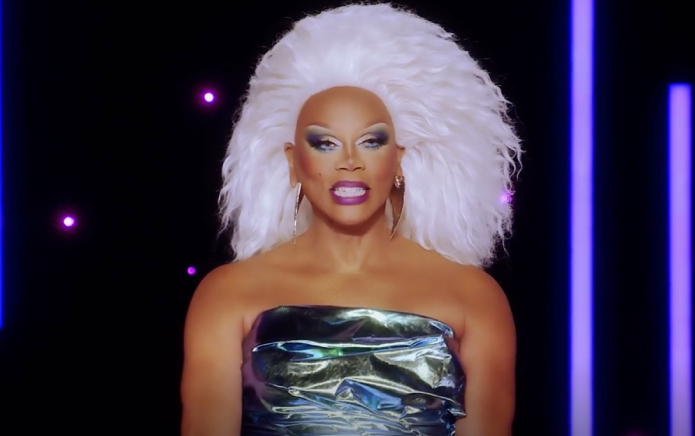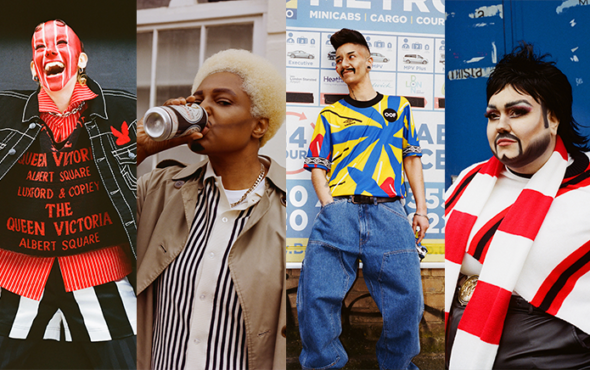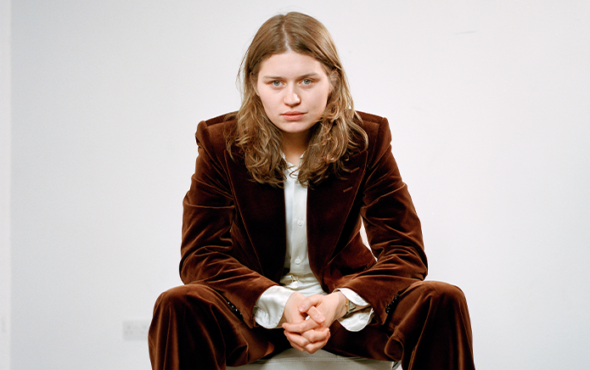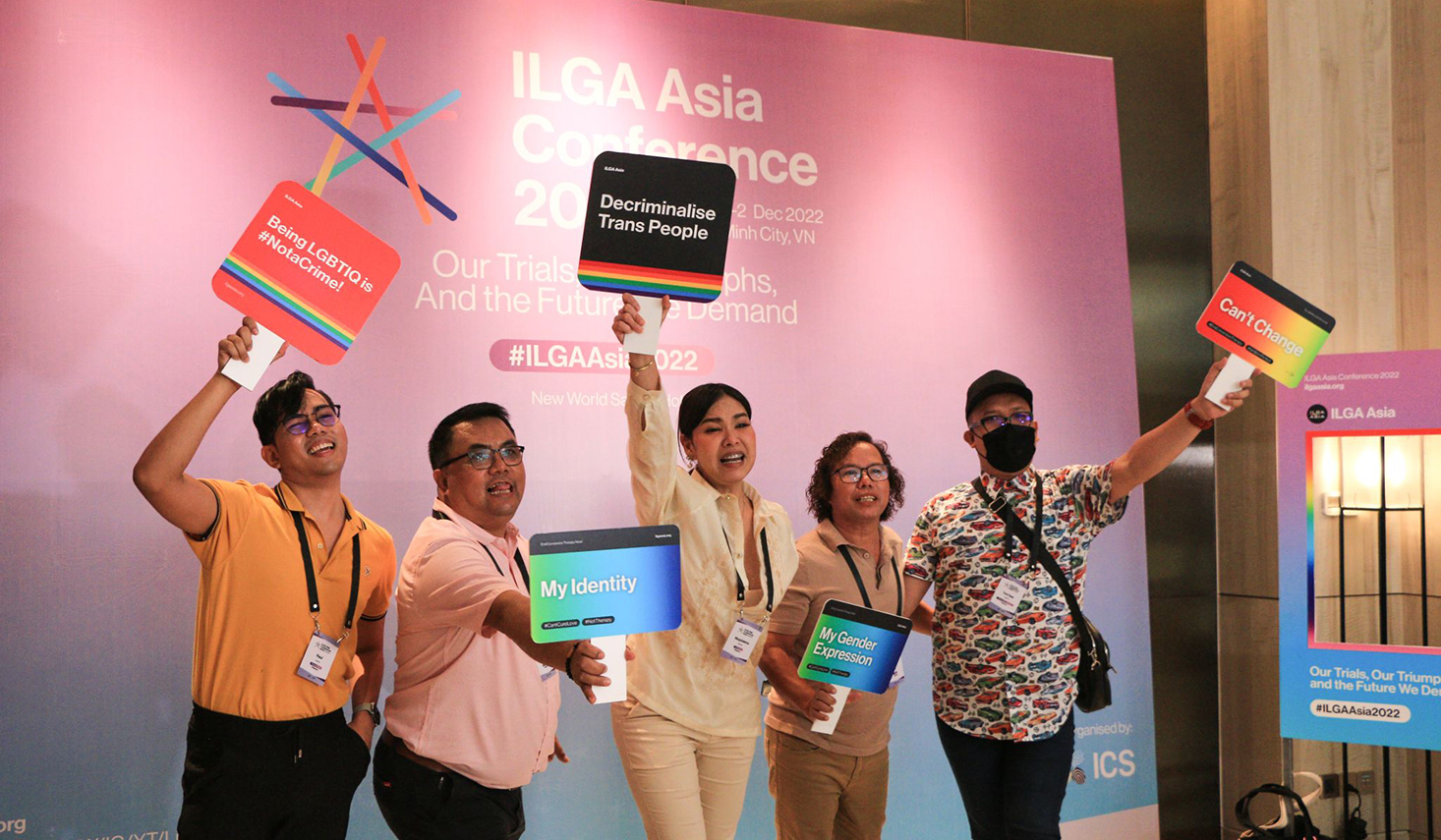
2022 was a tumultuous year for LGBTQ+ people in Asia. Many countries in Asia are marred with political instability, humanitarian crises, religious fundamentalisms, anti-gender movements, and growing inequalities within countries across the continent. Additionally, the lasting effects of the COVID-19 pandemic has left many members of our community dealing with financial instability – LGBTQ+ people are often discriminated against financially.
However, the community stood steadfast in 2022, seeing many wins for LGBTQ+ people across the continent. In Singapore, Section 377A, which criminalised sex between consenting adult males, was repealed. LGBTQ+ families in India are now eligible for social benefits, same-sex partnerships are now recognised in Tokyo, and the Kuwait Constitutional Court declared that the anti-trans law, Article 198 of the Penal Code, was unconstitutional.
Although the movement in Asia has many trials to overcome, activists throughout the region are coming together to challenge the inequalities that exist. In November, ILGA Asia hosted the 9th ILGA Asia Conference in Ho Chi Minh City, a bi-annual conference in Asia that brings together LGBTQ+ activists, organisations and philanthropists to build knowledge and capacity for the movement to advance LGBTQ+ rights.
Henry Koh, the Executive Director of ILGA Asia explains, “for members of specific communities to feel safe to candidly take stock of issues and talk about ways forward—from mental health and support services specific to the needs of Asian LGBTIQ youth, to ongoing military and humanitarian issues affecting LGBTIQ persons in Asian countries affected by crisis and conflict—support for the creation of such spaces is necessary.”
The opportunity for LGBTQ+ activists and organisations alike in Asia to come together and share their knowledge and experience is important for supporting the growing LGBTQ+ movement, making it sustainable.
LGBTQ+ activists are at the forefront of our movement, risking their personal health and well-being to challenge discriminatory laws, cultures and practices. They risk discrimination, abuse, arrest and persecution to campaign for equality. Spaces where LGBTQ+ activists can convene and learn from each other are crucial for building cross-regional solidarity, but spaces where these activists can gather to check in on each other’s well-being are even more important.
Last year, Kaleidoscope Trust released a report which looked at the impact of COVID-19 on LGBTQ+ people and activists. In this report, a survey of 34 organisations found that 88% of organisations indicated that mental health support for staff and volunteers was their main concern during the pandemic.
Ryan Figueredo, the Executive Director of the Equal Asia Foundation, said “our work is deeply personal”, a sentiment echoed by many of the activists at the conference. “Most of this [emotional labour] goes unrecognised both within the community and among donors. Many of our siblings and their organisations live in this state of precarity that is unaddressed by donors and other stakeholders. We need to find ways to show up for our siblings in more concrete ways and demonstrate more tangible forms of solidarity.”
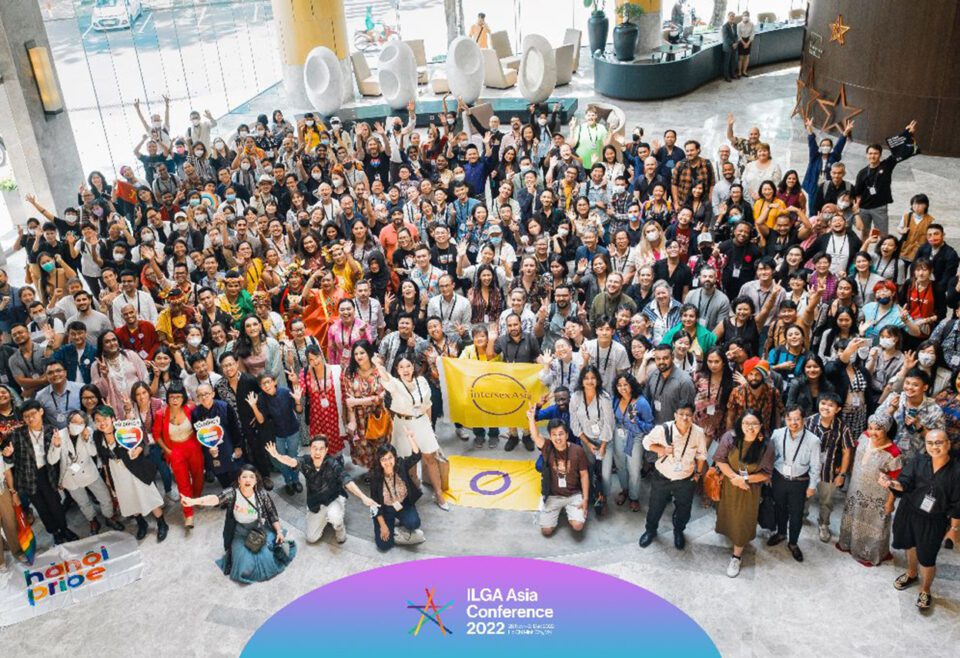
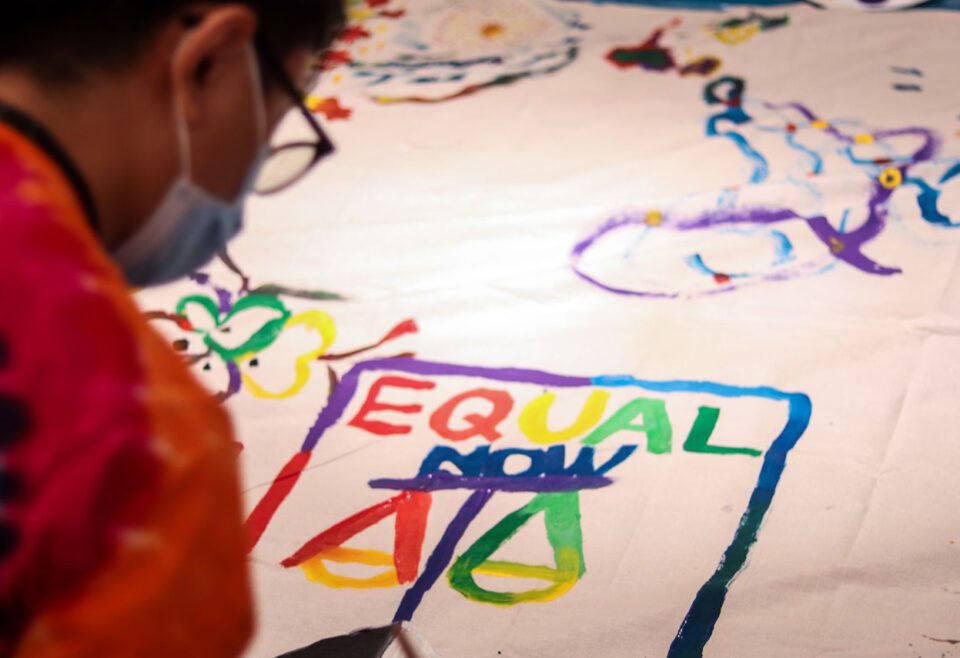
Henry Koh echoed this point, stating that “activists seek to dismantle systems of oppression and come face to face with threats, reprisals and reminders of pain and suffering from their work on the ground. This is why to address mental health concerns, it’s important for us to build solidarity with activists and centre empathetic, trauma-sensitive and anti-oppressive approaches at every level of our work.”
One term that was used during these conversations was collective care, looking at the well-being of activists as a shared responsibility. Lini Zurlia, the Advocacy Officer of ASEAN SOGIE Caucus told us “If we do not address [mental health] collectively by supporting each other’s well-being, while at the same time continuing to carry on with our advocacy agenda, we will be drowned in the edge of the darkness without ever achieving our collective goals to live a life equally in dignity.”
Many activists are volunteers, with their own jobs and lives, who offer freely to take on this emotional burden – we cannot build the advancement of LGBTQ+ rights if those on the front line are exhausted, traumatised or burnt out. We need to do more to provide mental health support to activists, something Pisey, Executive Director of RoCK in Cambodia agreed with. “We need to strengthen core support that puts in place the practices of individual and collective care and support systems, including access to professional psychological services.”
The LGBTQ+ movement in Asia is diverse, and spaces such as ILGA Asia are evolving to make room for voices from the margins of the community. Increasingly, vital knowledge-sharing hubs like these are not just providing resources and information on how to campaign for equal rights, but also how to support those activists who are campaigning tirelessly so everyone can be who they were born to be. The movement in Asia is resilient, but activists and their organisations need support from the global community so spaces like these can be protected, and activists get the resources and support they need.
At GiveOut, we are proud to stand shoulder to shoulder with these activists and their organisations who are tackling inequality and campaigning for lasting change. Without the generosity of the LGBTQ+ community and allies, we wouldn’t have been able to give the support we have to activists around the world. We are grateful for all those who donate to support this vital work – if you would like to join us in showing solidarity and support for the global LGBTQ+ community, you can donate to GiveOut here.
